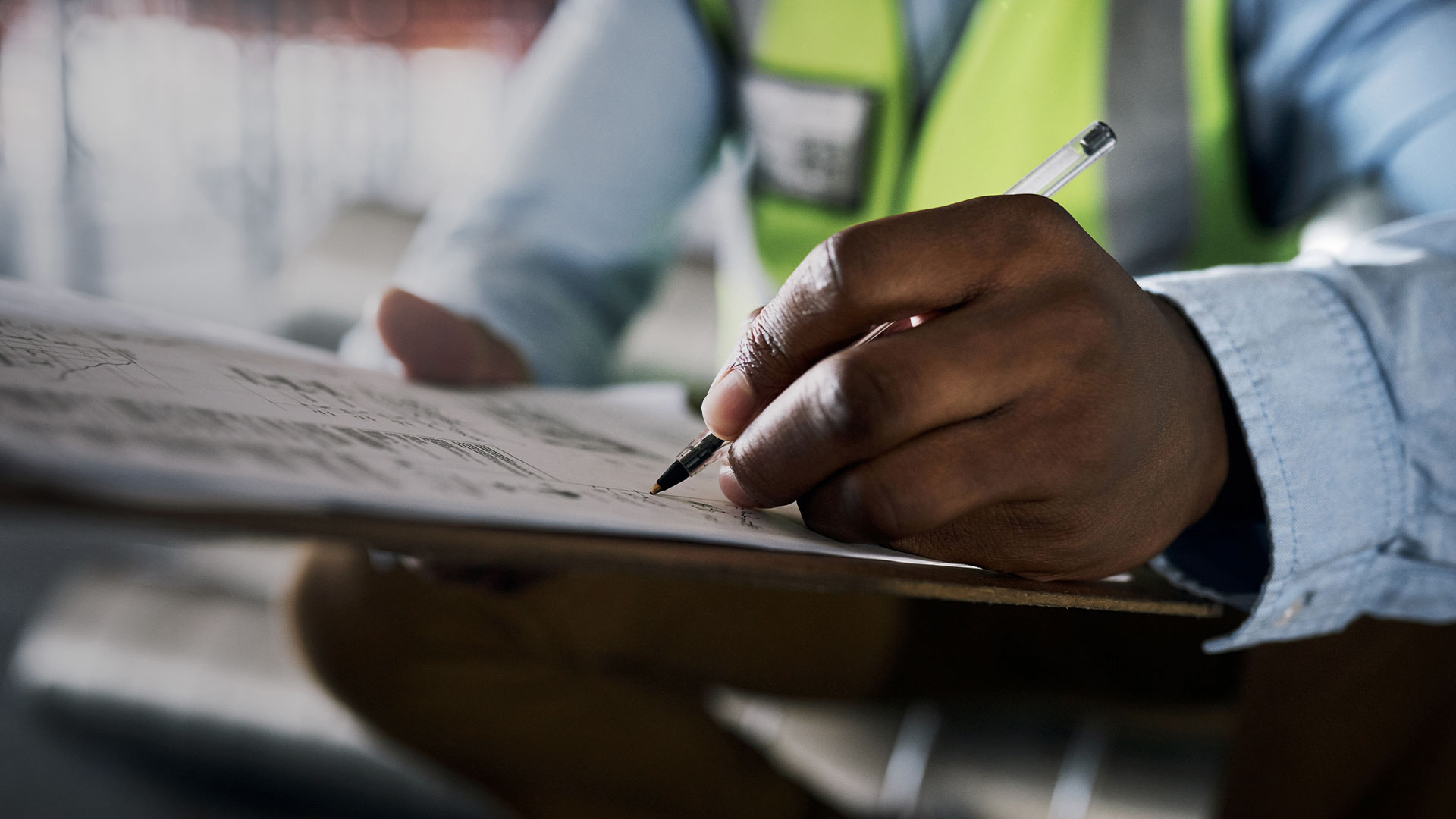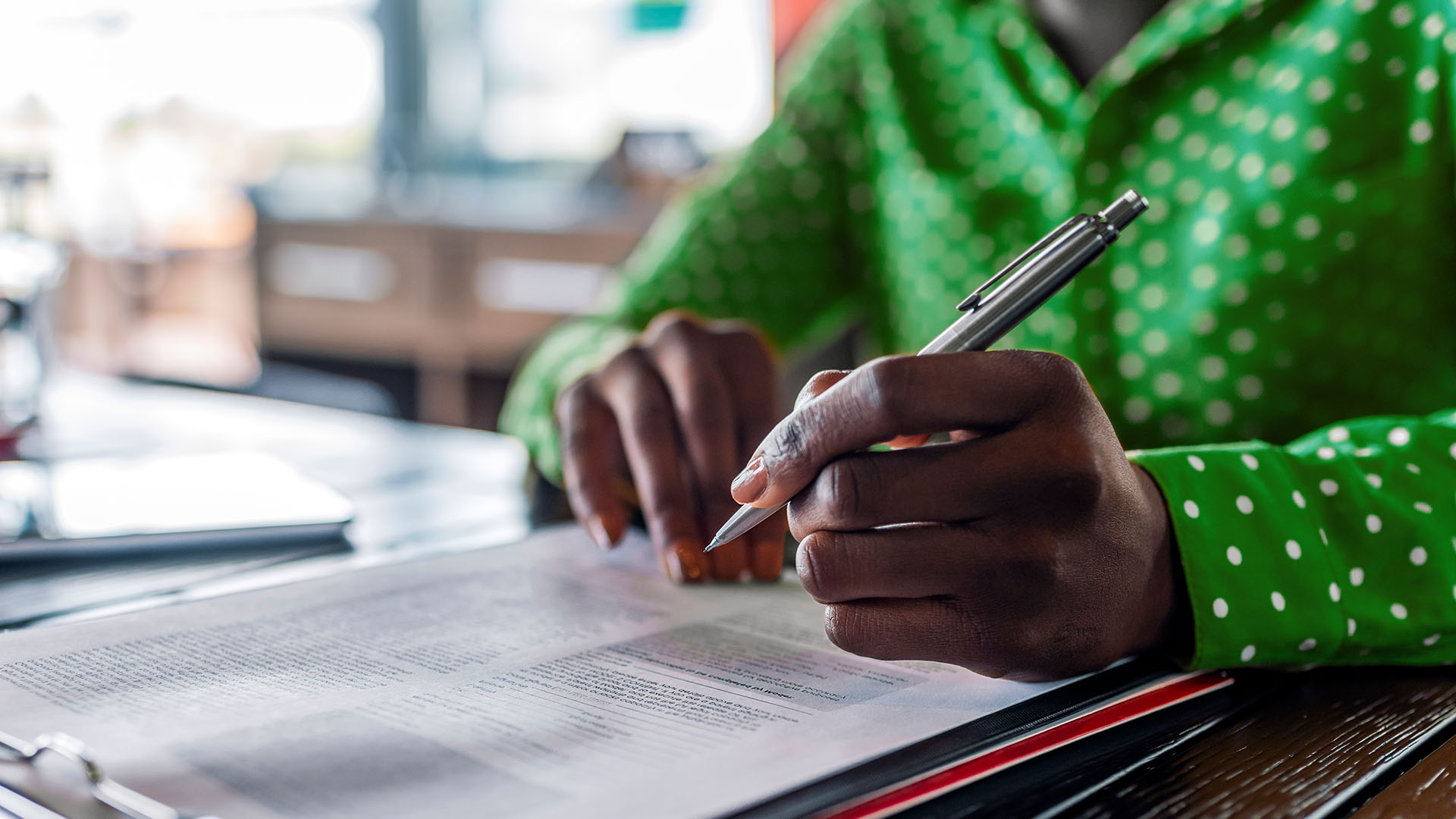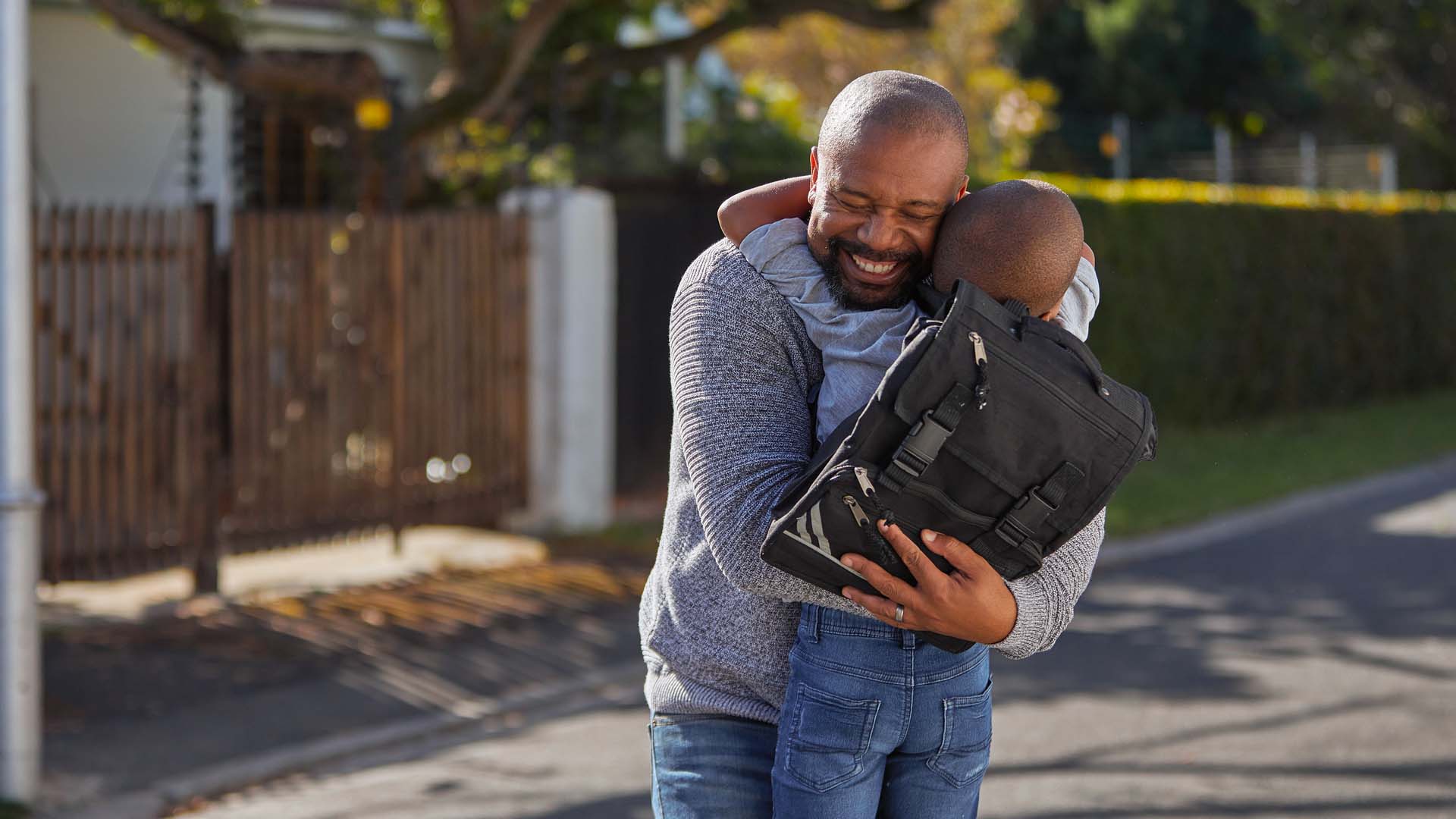Bank your way with low fees and extra benefits.
Enjoy 55 days’ interest free credit and other benefits.
Bank on any device, from anywhere at anytime.
Buy foreign banknotes, transfer funds or shop globally with a travel card.
Affordable loans and interest rates from R2k to R400k.
Buy or build your home with up to 109% financing to cover bond and transfer costs.
Debt management support when you need it the most.
Cover for you and your family in the event of death.
Car, building, house contents, valuables and more.
Bond, credit card, overdraft, loan and car repayments.
Guaranteed income and growth plans for future income.
Achieve your financial goals with expert planning.
We’ll help manage your assets, debts and estate planning.
Let our experts guide you on any financial matter.
Accounts
-
Everyday banking Simpler more affordable
-
Kids accounts For children under 16
-
Youth banking For 16 to 26 year olds
-
Seniors accounts For 55 years and older
-
Private Clients Personalised banking services
-
Private Wealth The globally integrated account
Credit cards
Greenbacks
Switch to Nedbank
Fraud awareness
Forex
-
Send and receive international payments -
Get foreign banknotes and travel cards| Nedbank - Forex rates | Nedbank
- Send and receive international payments
-
Apply for a foreign currency account | Nedbank
Accounts
-
On demand Money available at any time
-
In 24 hours Cash in your hand the next day
-
In 32 days Funds ready within a month
-
End of term Investments left until maturity
Share trading
Secure investments
Investment services
Personal loans
Home loans
-
Buy With you from search to purchase
-
Build Bring your dream home to life
-
Switch Move your home loan to us
-
Manage All the value-adds, 24/7
-
Further lending Flexible and affordable solutions
Overdrafts
Vehicle finance
Solar finance
Debt assistance
- Flexible payment plans for loans and credit | Nedbank
- Consolidate all your debts into a simple loan
- Short-term payment relief | Nedbank
- Take charge and restructure your finances | Nedbank
- Assisted-sales solutions for homes and vehicles | Nedbank
- Understanding how repo rate works | Nedbank
- We have payment solutions to get you back on track
Funeral cover
Short-term insurance
Credit Life
Travel insurance
Business cover
Secure investments
Financial planning
Estate, wills & trust services
Nedbank Private Wealth
Speak to a financial adviser
Rewards and benefits
See prepaid bundles
Check roaming coverage
Frequently asked questions
Check NedFinHealth score
Chat to Enbi
Contact us
Find a branch
Read our blog
- Login & Register
- Online Banking
- Online Share Trading
- NetBank Business
- NedFleet
- Nedbank Greenbacks
- Nedgroup Investments
- Nedbank ID
- Bank
- Accounts
- Credit cards
- Greenbacks
- Digital banking
- Switch to Nedbank
- Fraud awareness
- Forex
- Explore Bank
- Accounts
- Everyday banking
- Kids accounts
- Youth banking
- Seniors accounts
- Private Clients
- Private Wealth
- See all accounts
- Premium banking
- Get help choosing
- Goal saving
- Family Banking
- Foreign nationals
- FAQ
- How-to guides
- Discontinued accounts
- Everyday banking
- MiGoals Premium
- MiGoals Plus
- MiGoals
- Kids accounts
- MiGoals4Kids
- Youth banking
- Unlocked.Me
- MiGoals Premium
- MiGoals
- MiGoals Plus
- Seniors accounts
- MiGoals Premium Senior
- MiGoals Plus
- Tailored banking for seniors | Nedbank
- Private Clients
- Pay-as-you-use
- Young Professionals
- Private Bundle and Private One
- Private Bundle
- Private One
- Private One | Young
- Private Bundle | Young
- Private Wealth
- Private Wealth Bundle
- American Express
- Amex Gold
- Amex Platinum
- Greenbacks
- Exclusive discounts
- FAQ
- How-to guides
- Digital banking
- Resume application
- Resume application
- Switch to Nedbank
- Fraud awareness
- Forex
- Send and receive international payments
- Get foreign banknotes and travel cards| Nedbank
- Forex rates | Nedbank
- Send and receive international payments
- Apply for a foreign currency account | Nedbank
- Send and receive international payments
- Safe and secure incoming international payments
- Secure outgoing international payments
- To Africa
- Get foreign banknotes and travel cards| Nedbank
- Apply for a Travel Card | Nedbank
- Buy foreign bank notes | Nebank
- Forex rates | Nedbank
- Send and receive international payments
- Apply for a foreign currency account | Nedbank
- Foreign Currency Account Application
- On demand
- JustSave
- Group Savings
- In 32 days
- 32Day Notice
- End of term
- Tax-free Fixed Deposit
- Electronic Fixed Deposit
- Electronic Optimum Plus
- Platinum Fixed Deposit
- Fixed Deposit
- OptimumPlus
- Share trading
- Secure investments
- Guaranteed Income Plan
- Guaranteed Growth Plan
- Call me back
- Get a call back
- Explore MyCover Funeral
- Guaranteed Income Plan
- Guaranteed Growth Plan
- Call me back
- Investment services
- Borrow
- Personal loans
- Home loans
- Student loans
- Overdrafts
- Vehicle finance
- Solar finance
- Debt assistance
- Explore Borrow
- Personal loans
- Loan consolidation
- Personal loans
- Home improvement loan
- Explore loans
- FAQ
- How to guides
- Loan consolidation
- Personal loans
- Home improvement loan
- Home loans
- Buy
- Build
- Switch
- Manage
- Further lending
- Explore home loans
- Request a call back
- Track application
- FAQ
- How to guides
- Buy
- Explore buy
- First time home buyer
- Repeat buyer
- Renewable energy financing
- HomeVision
- Home-buying Toolkit
- Edge properties
- Repossessed properties
- Switch
- Explore switch
- Further lending
- Explore further lending
- Student loans
- Explore student loans
- Overdrafts
- Vehicle finance
- Solar finance
- Debt assistance
- Flexible payment plans for loans and credit | Nedbank
- Consolidate all your debts into a simple loan
- Short-term payment relief | Nedbank
- Take charge and restructure your finances | Nedbank
- Assisted-sales solutions for homes and vehicles | Nedbank
- Understanding how repo rate works | Nedbank
- We have payment solutions to get you back on track
- Flexible payment plans for loans and credit | Nedbank
- Consolidate all your debts into a simple loan
- Short-term payment relief | Nedbank
- Take charge and restructure your finances | Nedbank
- Assisted-sales solutions for homes and vehicles | Nedbank
- Understanding how repo rate works | Nedbank
- We have payment solutions to get you back on track
- Insure
- Life cover
- Funeral cover
- Short-term insurance
- Credit Life
- Travel insurance
- Business cover
- Secure investments
- Explore Insure
- Life cover
- Get a call back
- Explore MyCover life
- Funeral cover
- Individual R10,000
- Individual R30,000
- Family Cover
- Build your own cover
- Get a call back
- Explore MyCover Funeral
- Individual R10,000
- Individual R30,000
- Family Cover
- Build your own cover
- Short-term insurance
- Vehicle insurance
- Building insurance
- House contents insurance
- Valuables insurance
- Alternative energy insurance
- Legal expenses | Nedbank Insurance
- Get a call back
- Explore MyCover short term insurance
- Vehicle insurance
- Building insurance
- House contents insurance
- Valuables insurance
- Alternative energy insurance
- Legal expenses | Nedbank Insurance
- Credit Life
- Home loan credit life
- MFC Vehicle Finance Assurance
- Overdraft Assurance
- Balance Protection Plan
- Personal loan Assurance
- Get a call back
- Explore credit life
- Home loan credit life
- MFC Vehicle Finance Assurance
- Overdraft Assurance
- Balance Protection Plan
- Personal loan Assurance
- Travel insurance
- Business cover
- Secure investments
- Guaranteed Growth Income Plan
- Guaranteed Growth Plan
- Get a call back
- Explore MyCover Funeral
- Guaranteed Growth Income Plan
- Guaranteed Growth Plan
- Plan
- Financial planning
- Estate, wills & trust services
- Nedbank Private Wealth
- Speak to a financial adviser
- Explore Plan
- Financial planning
- Investment planning
- Insurance planning
- Give
- Retirement planning
- Investment planning
- Insurance planning
- Give
- Retirement planning
- Estate, wills & trust services
- Will drafting
- Ensure your estate is managed by an executor | Nedbank
- Trust services
- Financial accounting
- Tax services
- Leave the admin of your estate to us, and not to your loved ones | Nedbank
- Will drafting
- Ensure your estate is managed by an executor | Nedbank
- Trust services
- Financial accounting
- Tax services
- Leave the admin of your estate to us, and not to your loved ones | Nedbank
- Nedbank Private Wealth
- Speak to a financial adviser
- Nedbank Connect
- Rewards and benefits
- See prepaid bundles
- Check roaming coverage
- Frequently asked questions
- Explore Nedbank Connect
- Rewards and benefits
- See prepaid bundles
- Check roaming coverage
- Frequently asked questions
- Help Centre
- Check NedFinHealth score
- Chat to Enbi
- Contact us
- Find a branch
- Read our blog
- Explore Help Centre
- Check NedFinHealth score
- Chat to Enbi
- Contact us
- Find a branch
- Read our blog
- Everything you need to know about student loans
- Can gaming make your kid a budding financial expert?
- Airline inconveniences: Can you get compensation?
- Need to travel urgently? A personal loan could
- Everything you need to know about student loans
- Can gaming make your kid a budding financial expert?
- Airline inconveniences: Can you get compensation?
- Need to travel urgently? A personal loan could
Does insurance cover your car if someone borrows it?
Does insurance cover your car if someone borrows it?
Staff writer
3 mins
What happens if you lend someone your car and they have an accident?
When friends or family ask for a favour, it can be hard to say no, especially if it’s someone who has bailed you out of a sticky situation before. But what if the favour is borrowing your car?
Before you hand over your keys, no matter how much you might trust the borrower, you must ask some important questions first.
Will your insurance cover accidental damage?
Each insurance company has its own set of rules and conditions. Some policies may exclude coverage if anyone other than the insured driver has an accident driving the vehicle.
That’s why you should never pretend that you are the regular driver when you insure your vehicle if someone else – like your child, who has less driving experience – is the regular driver. If they have an accident, your insurer might reject the claim based on misrepresentation. If you’d told your insurer who was the regular driver, your policy premium would have been adjusted to cover their higher risk profile.
Always check your individual policy to understand what terms and conditions apply to non-stipulated persons driving your vehicle.
For instance, Nedbank’s terms and conditions state that if someone else drives your car with your permission and they cause an accident that damages someone else’s property, your insurance will cover the costs of that damage. We’ll also cover the damage to your car (up to a payable limit set out in your policy document), provided that the driver is compliant with the terms of your policy. They must also not be claiming from another insurance policy.
However, you will not be insured if the driver:
- was driving under the influence of alcohol or drugs, failed a breathalyser test, or had a blood alcohol level over the legal limit, or
- didn’t have a valid driving licence, or had a licence with endorsements for offences like reckless driving or driving under the influence.
What if someone has an accident driving your car?
If you lend someone your car and they call you to tell you they’ve had an accident, make sure that everyone involved is okay and call for medical assistance, if needed. If possible, make your way to the accident scene. If you can’t, ask the driver to take pictures and video of the damage.
If another vehicle is involved, ask for the driver’s details and the specifics of the damage caused to their vehicle.
A car is an expensive asset, so if you don’t feel comfortable lending it to someone, it’s okay to say no
Contact your insurance provider to give them all the available information and let them know that you were not driving the vehicle. They will then inform you of the steps to take to file a claim, including reporting the accident to the South African Police Service, if the police were not present at the scene of the accident.
Never lie to your insurance company, as they do in-depth investigations into claims. If you are found to have lied on an insurance claim, your insurance company can reject your claim and you can be charged with insurance fraud and end up with a criminal record.
What if someone uses your car to commit a crime?
It may seem far-fetched, but you often don’t know friends (and even family) as well as you think you do. Sometimes, a person could betray your trust because they don’t think they have any other options. If someone borrows your car without telling you they plan to use it for something illegal, what consequences might you face?
It depends, to an extent, on the offence. If they use it as the getaway car in a robbery and you can show that you had no idea that was why they wanted to borrow it, you wouldn’t be legally liable, although it might be difficult for you to prove this.
Ironically, it may be more trouble if they commit a less serious traffic offence, like illegal parking or speeding. If they’re issued a ticket, it will include your car registration details. If you can’t get the person who borrowed the car to pay the fine, the demands for payment and, potentially, a court summons, will be addressed to you and you could be held legally liable to pay it. Someone else’s unpaid fines could also prevent you from renewing your vehicle registration every year.
Note also that if your car is used by someone while they’re committing a crime, it could be impounded as part of the criminal investigation. This is not something that’s generally covered by your insurance policy.
What to do before lending someone your car
Before you let someone use your vehicle, make sure that you are 100% comfortable with the decision, and the possibility that they may have an accident. Go through your insurance information and contact your insurer or broker if you have any questions.
Examine your vehicle thoroughly and ensure that everything is running smoothly. Make sure that your licence disc and registration information are up to date.
Tips before you hand over your car keys
1. Set out the ground rules with the person borrowing your car, such as where and for what the vehicle will be used, and make sure they agree to the rules.
2. Make sure that the person borrowing the car knows that only they are allowed to drive it.
3. Check that they have a valid driving licence.
4. Remind them that any speeding tickets or fines they incur will be their responsibility.
5. If you’re lending them your car with a full tank, make sure they know they need to return it with a full tank.
A car is an expensive asset, so if you don’t feel comfortable lending it to someone, it’s okay to say no. If you know that the person asking is a high-risk driver, but you owe them a favour, perhaps find a time that suits you both when you can drive them to wherever they need to go. And never lend your car to someone if you know they won’t be covered by your insurance.
Learn more about vehicle insurance from Nedbank.








